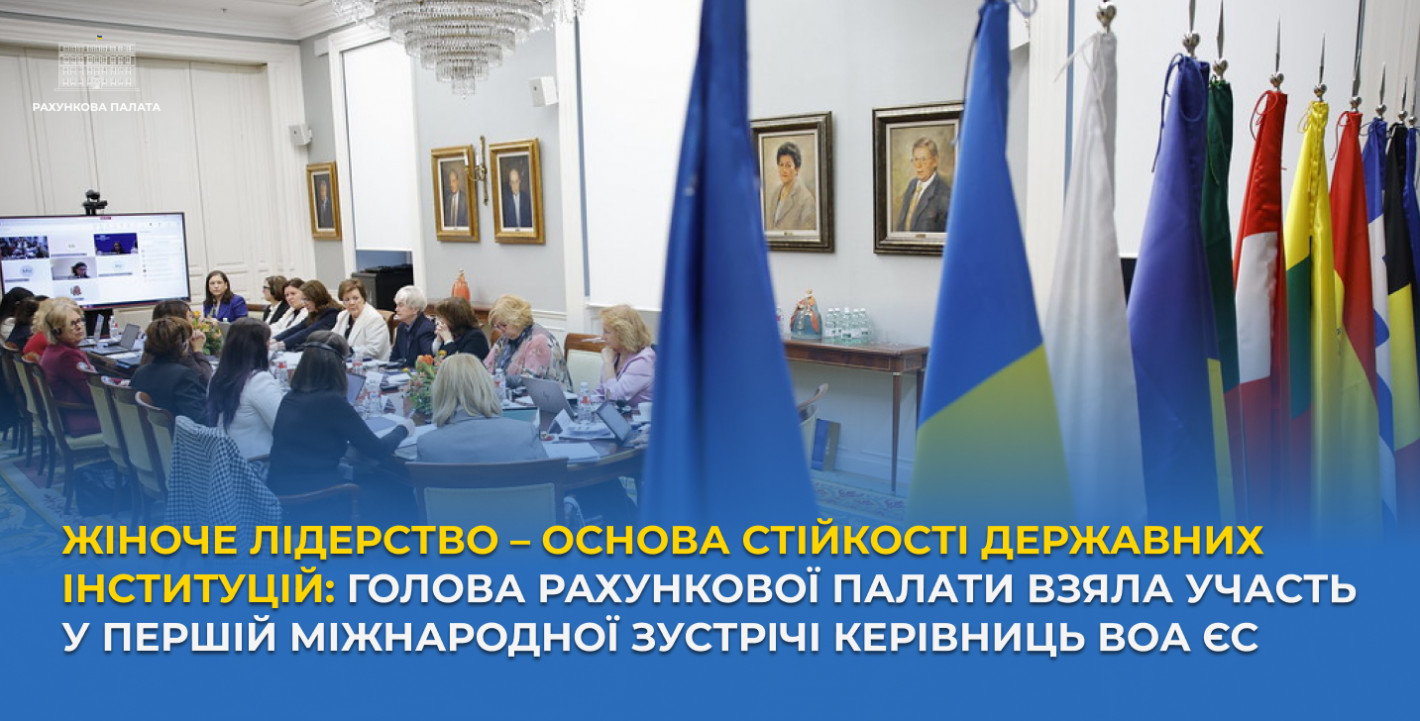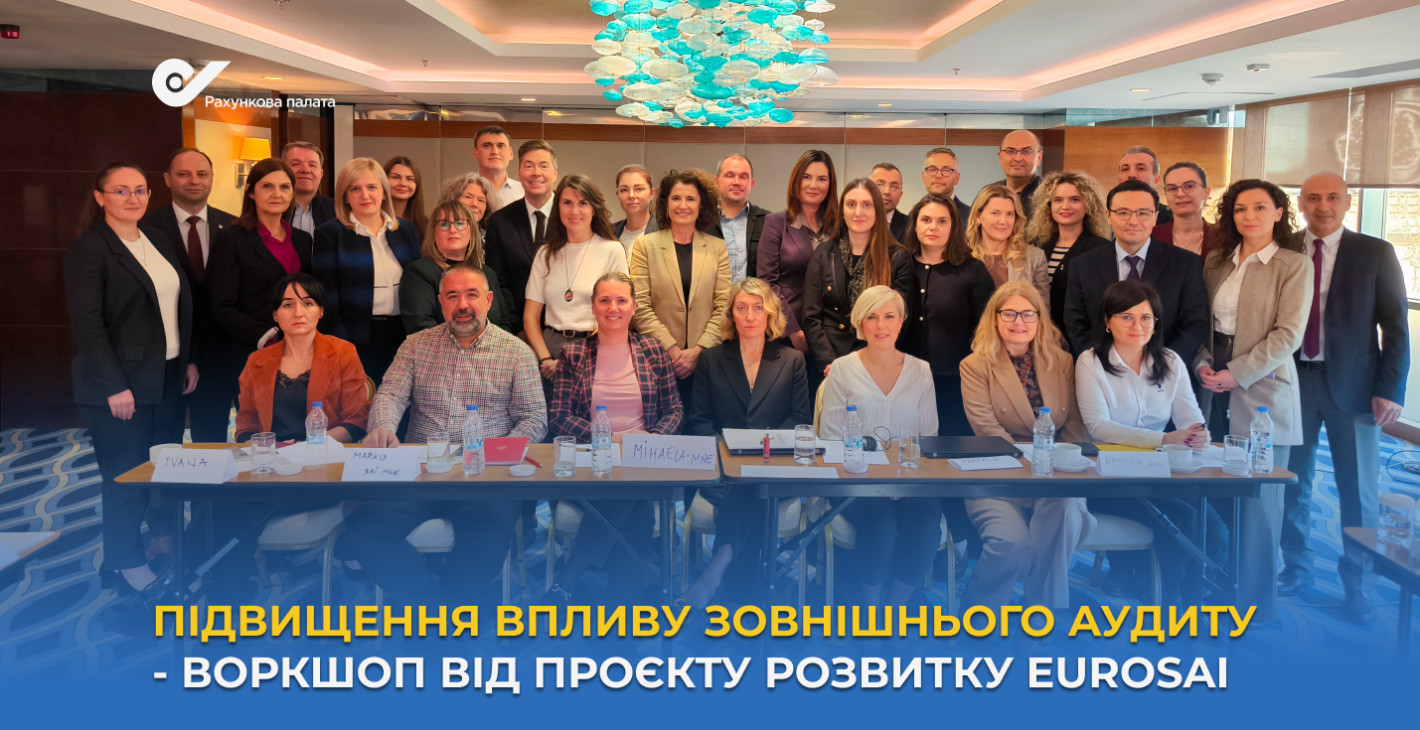The way the EU's institutional structure ensures financial control, transparency, and accountability was the focus of discussions during a working visit by a Ukrainian delegation to Brussels (Kingdom of Belgium) and Luxembourg (The Duchy of Luxembourg) on 16–17 October. The delegation included representatives of the Accounting Chamber of Ukraine led by its Chairwoman Olha Pishchanska, members of parliament, and a representative of the Secretariat of the Verkhovna Rada of Ukraine.
The visit was aimed at familiarizing participants with the functions and practices of the European Court of Auditors and the European Parliament's budgetary control system, as well as strengthening interinstitutional cooperation in public external financial control.
In Brussels, the Ukrainian delegation attended a meeting of the European Parliament's Committee on Budgetary Control (CONT) and met with its Chair, Niklas Herbst. Discussions focused in particular on the oversight of EU budget implementation and cooperation between the European Parliament and the European Court of Auditors.
Among other things, the delegation also learned about the “discharge” procedure, which is analogous to the approval of the annual budget implementation report by the Verkhovna Rada of Ukraine. Discharge is an official confirmation by the European Parliament that the funds have been used in an appropriate and responsible manner.
Establishing a systematic dialogue between auditors and parliament is an experience that could help improve the effectiveness of public finance control (audit) in Ukraine, noted Olha Pishchanska.
The visit to Luxembourg offered an opportunity to learn about the practices of the European Court of Auditors in budgetary control. During thematic sessions, representatives of the institution presented modern approaches to audit methodology, strategic planning, quality control, and interaction with stakeholders.
.jpg)
In addition, during the meetings, representatives of the Accounting Chamber and the European Chamber of Auditors discussed prospects for further cooperation. The visit was supported by Component 5 “External Audit and Parliamentary Oversight” of the EU4PFM project.
.jpg)







